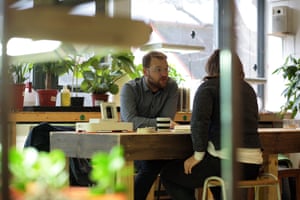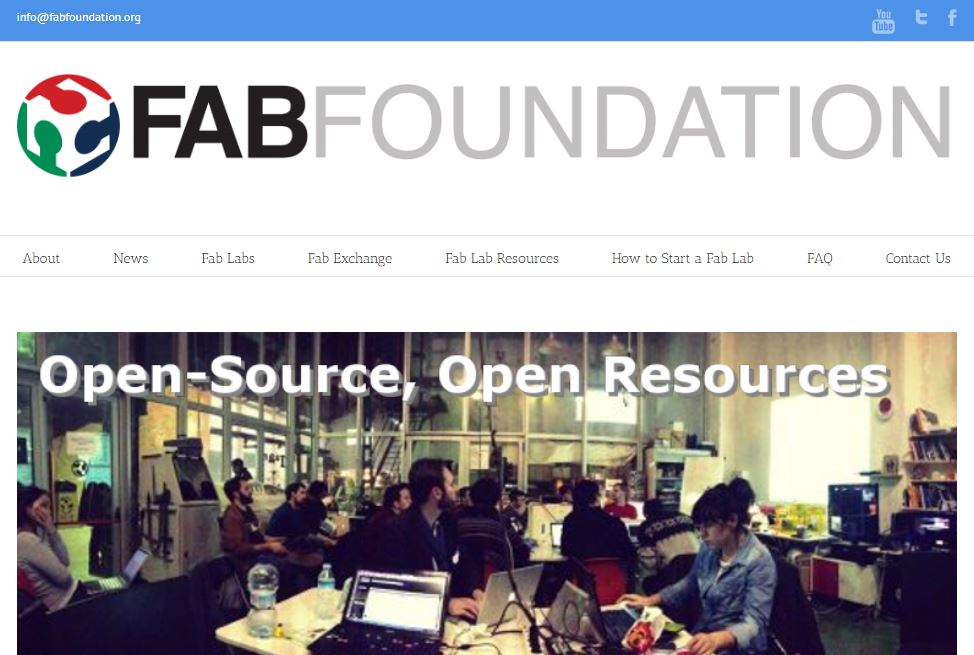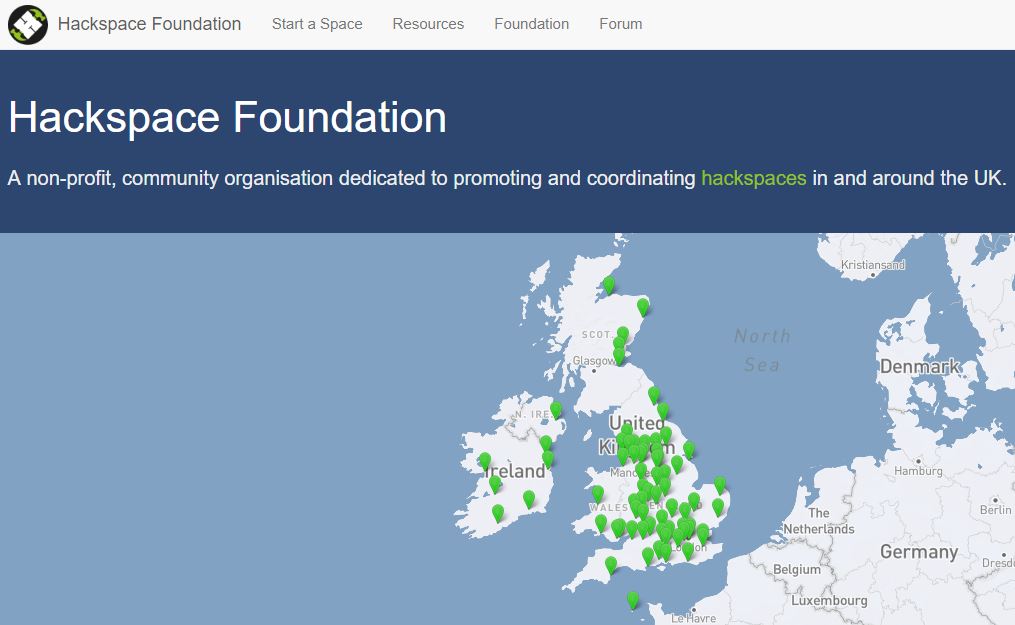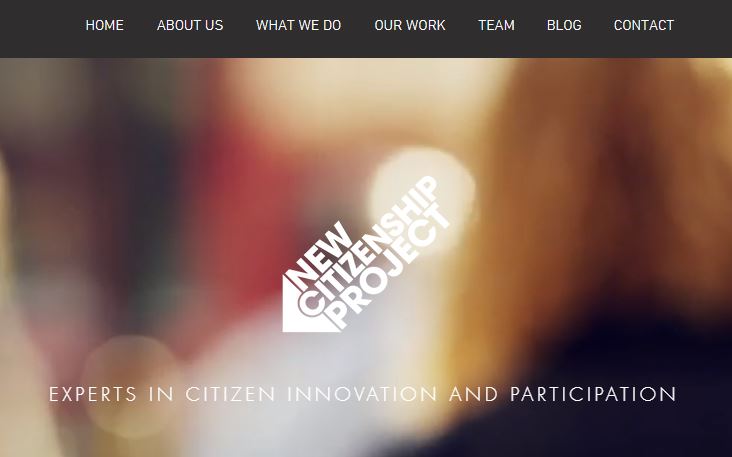Small-scale creators are vital to our economy, but the government gives them no help. Instead of giving up, they are going it alone. The latest article in our new economics series meets the people behind Green Lab in London

In 1985, one of the world’s greatest scientists rang the alarm. After a career in biology, Edward O Wilson was convinced that Earth was being stripped of its variety of life. Scientists hadn’t even counted all the species sharing the planet, yet they were already disappearing fast. In a paper soon to become seminal, he set out the looming catastrophe.
The chopping down of tropical rainforests meant that, within a century, about 12% of all bird species in the Amazon basin would be lost for ever. This was a mass extinction – “the most extreme for 65 million years”. Titled The Biological Diversity Crisis, his essay helped give birth to a shorthand: biodiversity. This new discipline began from the premise that all species matter – indeed, that when one dies out they all suffer.
An expert on the unphotogenic ant, Wilson wryly acknowledged “the natural human affection for big organisms”, for sleek dolphins and cute chimps. But he also knew that even a mouse “is richer in information than a Caravaggio painting, Bach fugue, or any other great work of art”.
Although an environmentalist, his warning applies to post-industrial Britain too. Because our economy has become more and more unbalanced, with our fortunes hitched to a few industries in one corner of the country, while we let other sectors, such as manufacturing, slide.
That last sentence is not mine, but taken word for word from David Cameron’s very first speech upon moving into No 10 in 2010. And he was right: the UK’s lack of economic diversity led it to be utterly flattened by the banking crash. Shamefully, despite identifying the problem, he did almost nothing about it.
A decade after the crash, finance grips London more tightly than ever. No longer penned into the Square Mile and Canary Wharf, it now gropes its way along the South Bank and has turned Mayfair into a shadow-banking quarter. The rest of the city centre provides butler services to the super-rich: luxury developers and estate agents, fad restaurateurs, tax-loophole spotters, reputation launderers in PR.
For Cameron’s Conservative colleagues, this is success, to be celebrated. In 2014, the capital’s then-mayor, Boris Johnson, rejoiced: “London is to billionaires what the jungles of Sumatra are to the orangutan. It is their natural habitat.” Groovy for the great apes, not so fun for us worker ants. Economic diversity in the heart of the capital now hides out in some unlikely places. Go to Bermondsey, just a tube stop away from London Bridge. Follow the signs to the old further education college, whose students and teachers have long gone. Upstairs is a former home economics kitchen, the kind in which you tried and failed to cook an apple crumble. Except now it’s a farm.
Over by the windows, mealworms are breeding. Running along the walls are tanks of fish. In the middle is a mini-greenhouse with huge water tanks where tomatoes and squash will sprout. Any free space is crammed with leafy green plants. And just wait till you hear the plans for a trout farm. Here, slap-bang in the middle of the capital, lies agriculture. Nestling in this abandoned college are a whole bunch of companies. And the laser cutters and 3D printers make it a manufacturing site too.
Most of all, it’s a challenge to Britain’s crocked model of how to shape a city, how to a run an economy, and how to affix value. As challenges go, it’s rough and ready, and a tad dog-eared – but it demands attention.
This deserted campus was spotted by a not-for-profit company called 3Space, which convinced the landlord to give it the keys until demolition day. Since then it has made it a base for an army of eager startups, who pay a modest rent. This income then subsidises other rooms that go free to non-profits. And one day in 2016, 3Space boss Andrew Cribb rang up a guy he’d met a while back. “Hey, Ande. Remember your crazy green idea?” he said. “Fancy doing it?”
To read the rest of this article, please visit: Meet Britain’s Willy Wonkas: the ideas factory that could save UK industry





